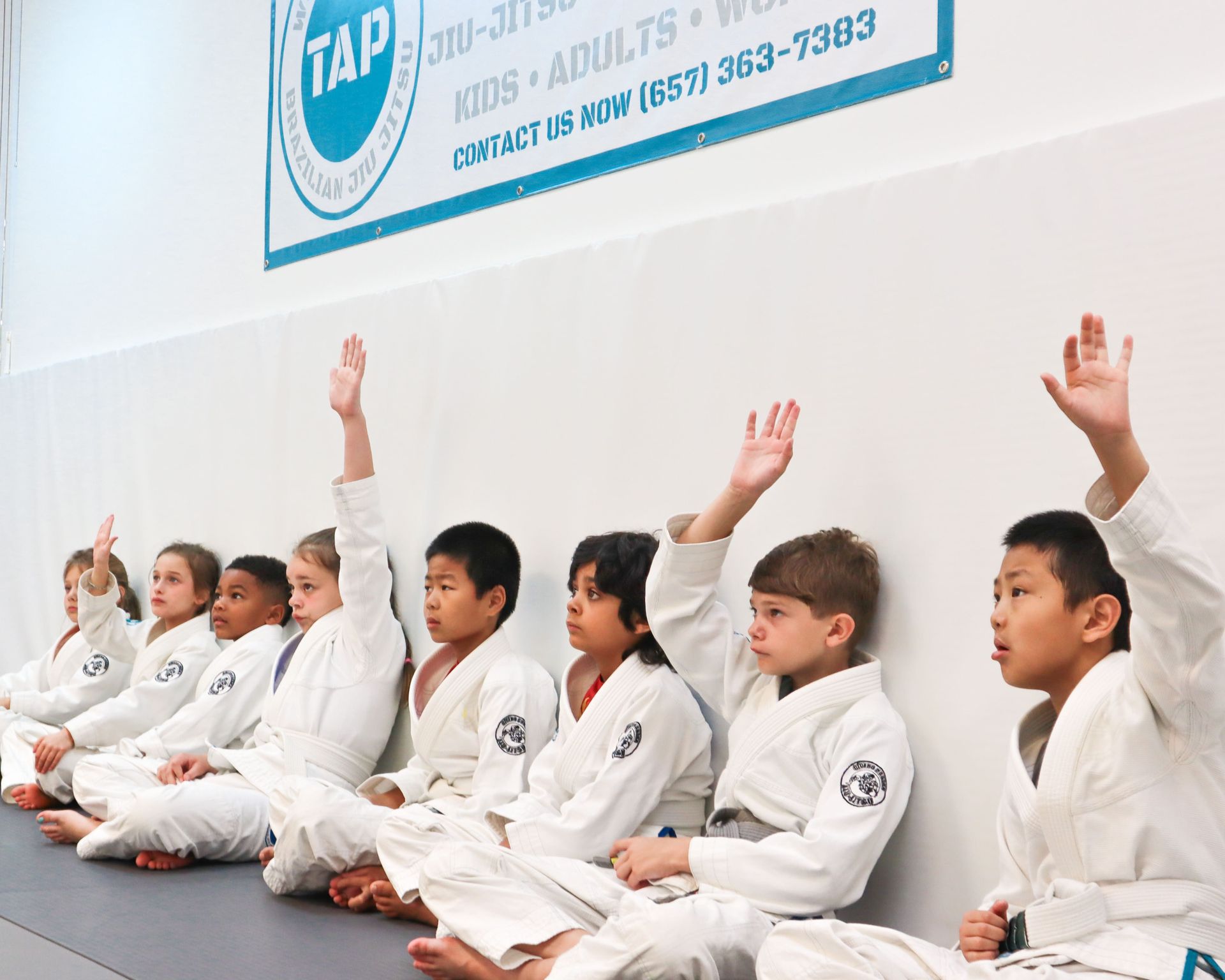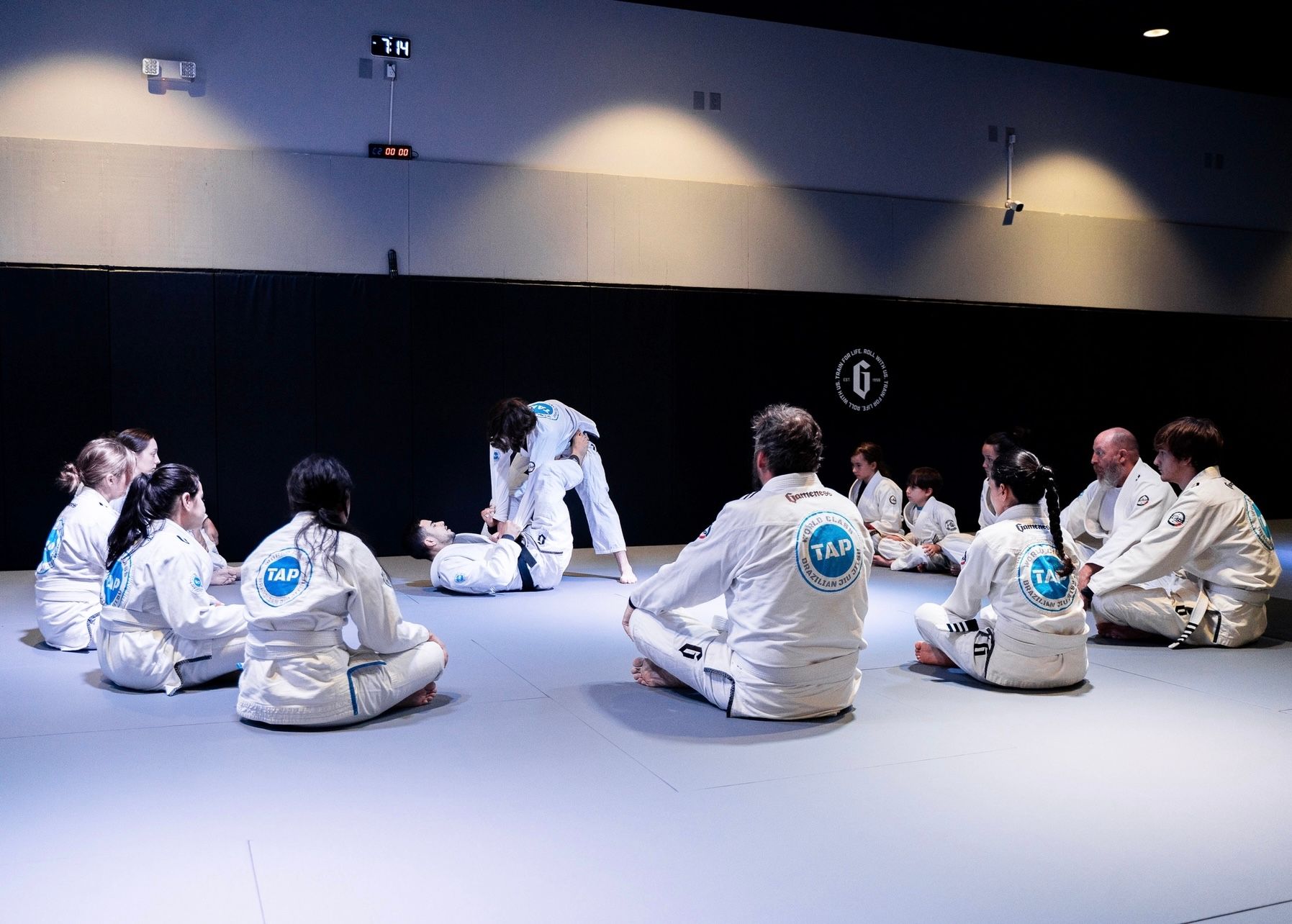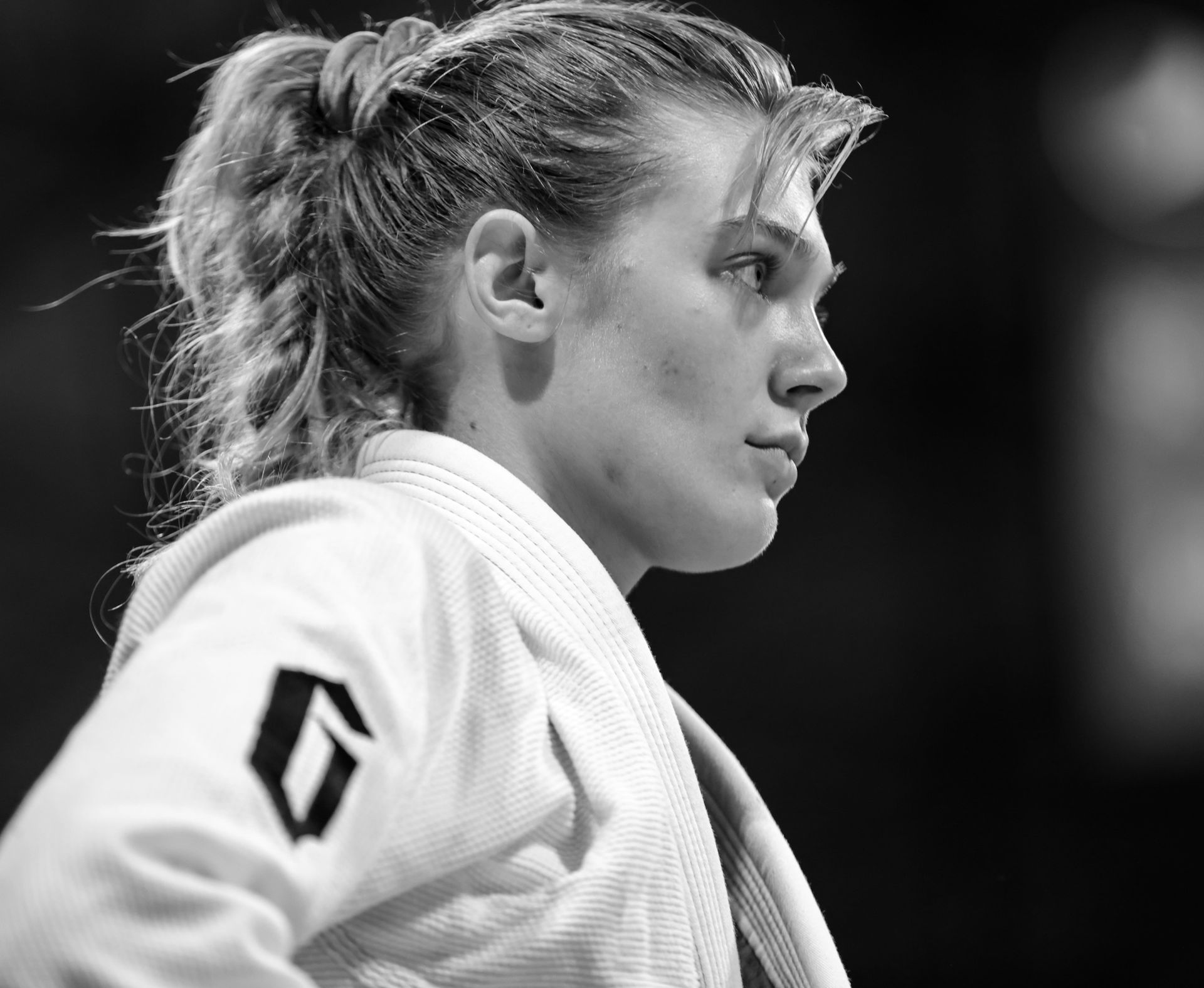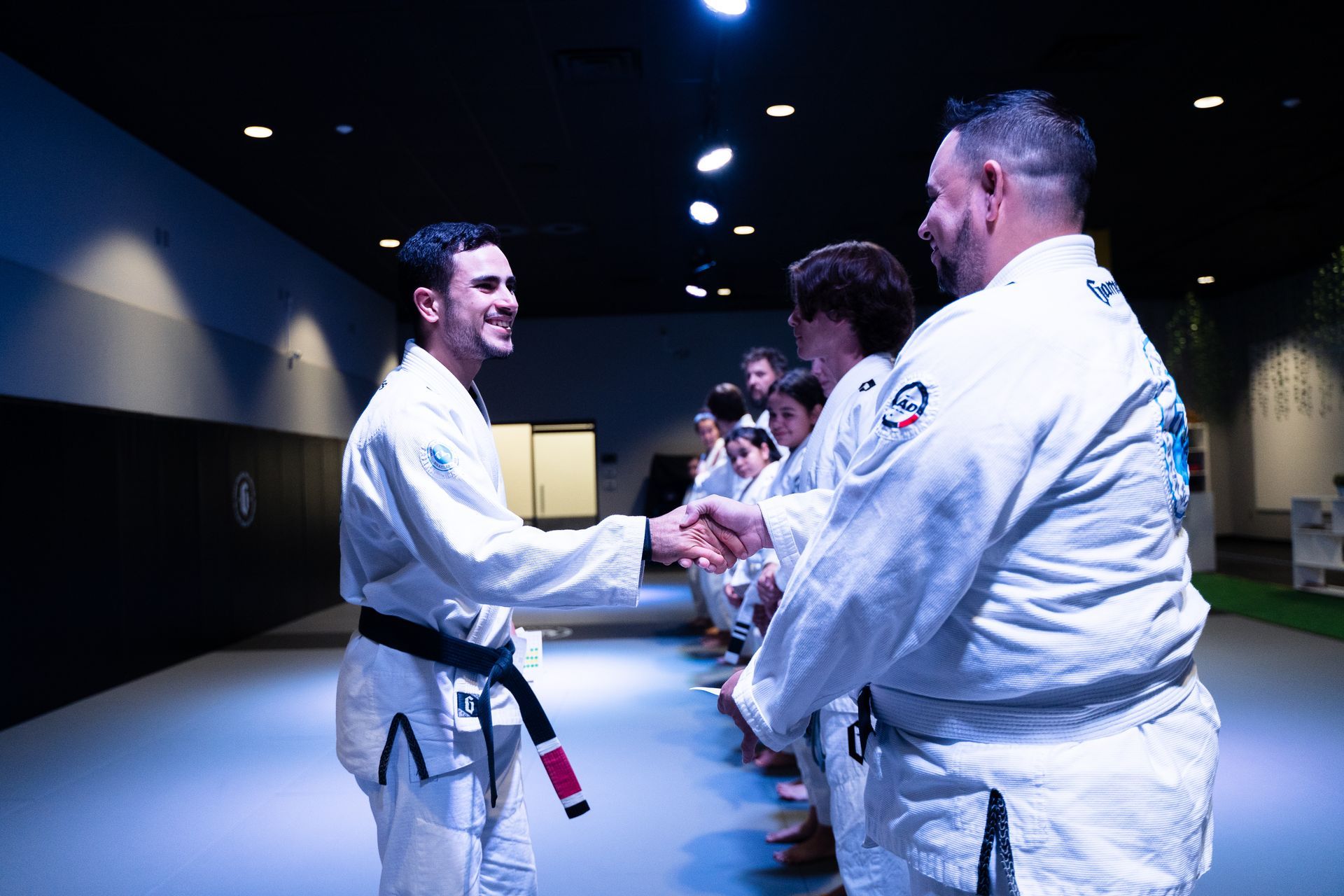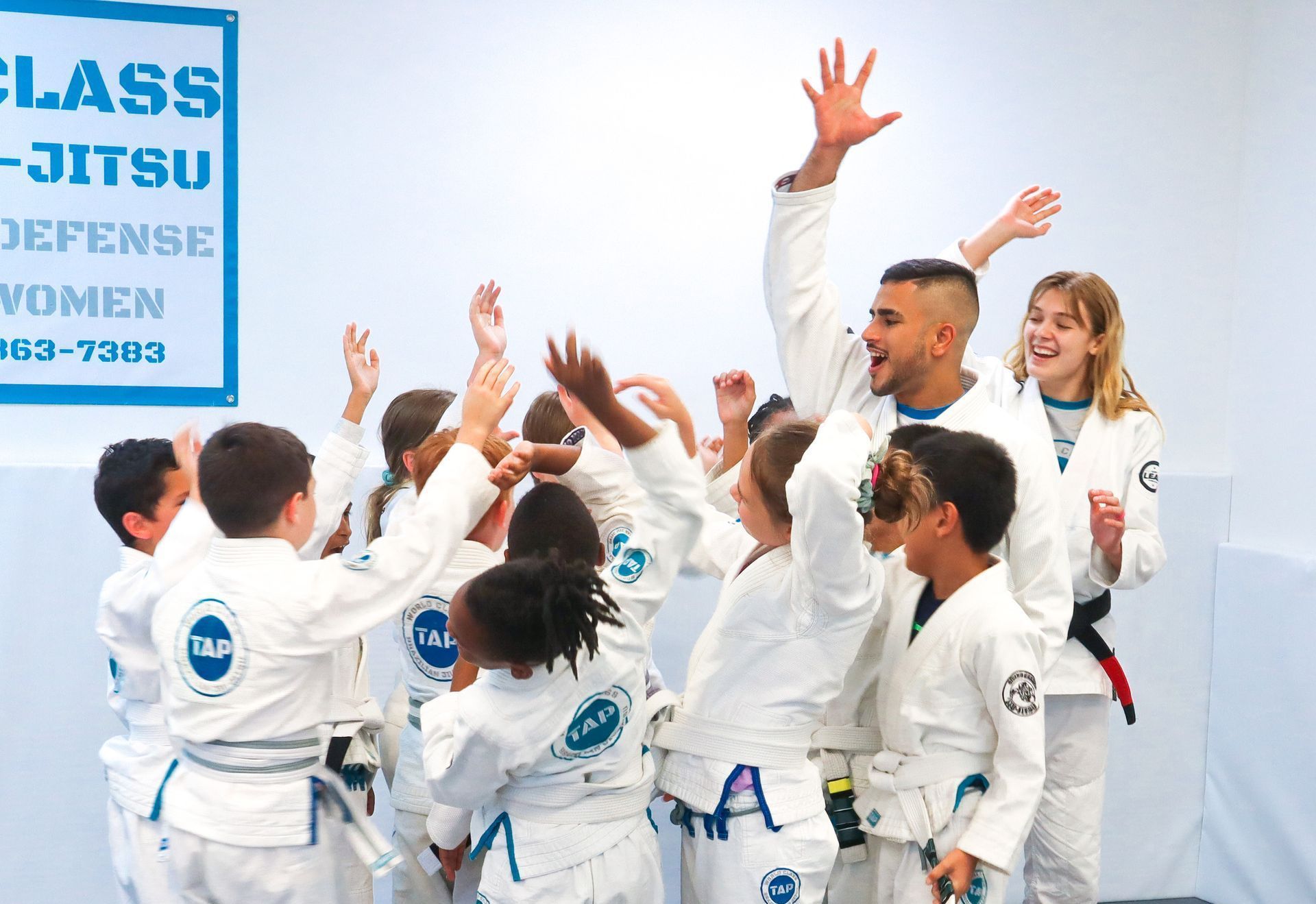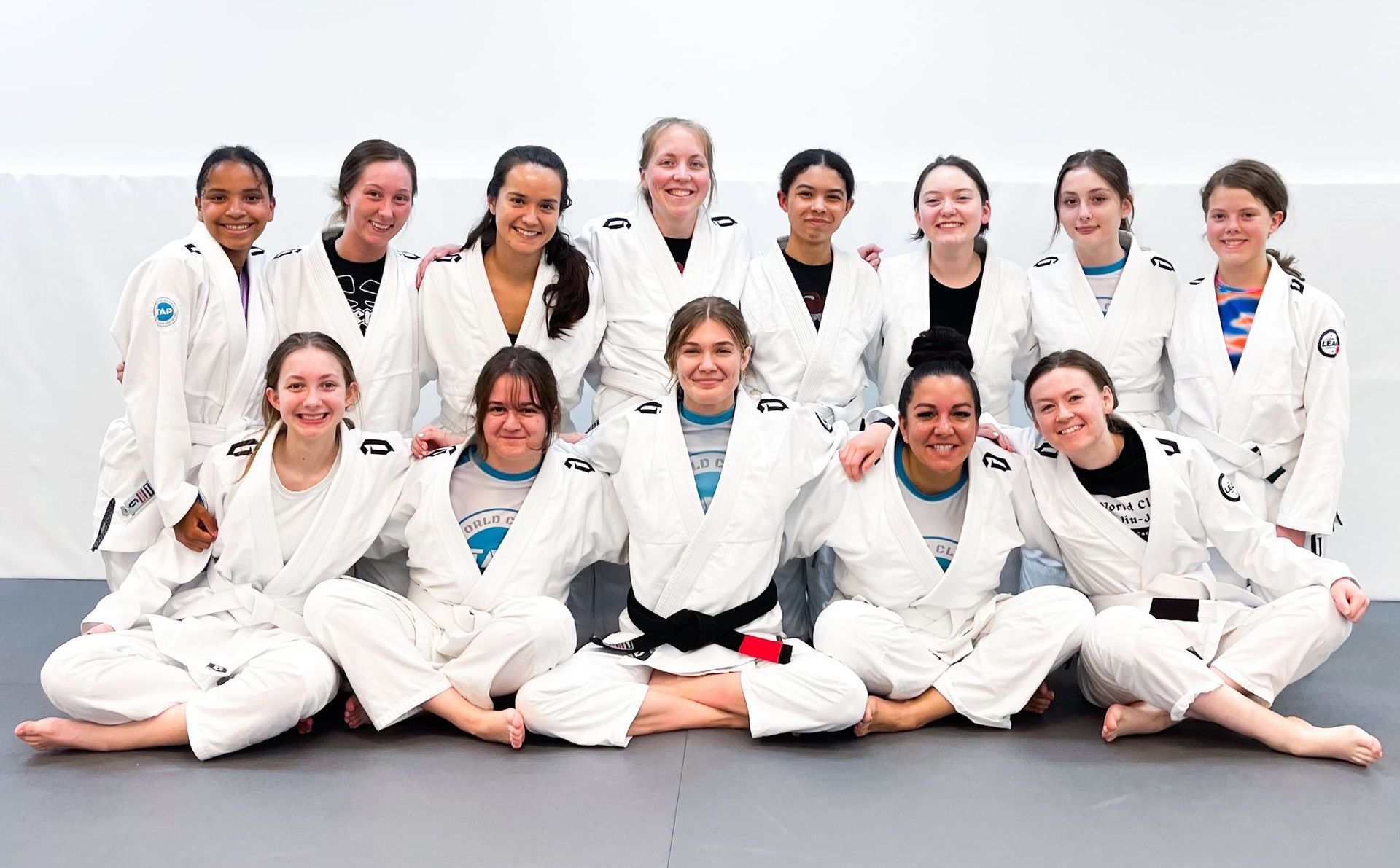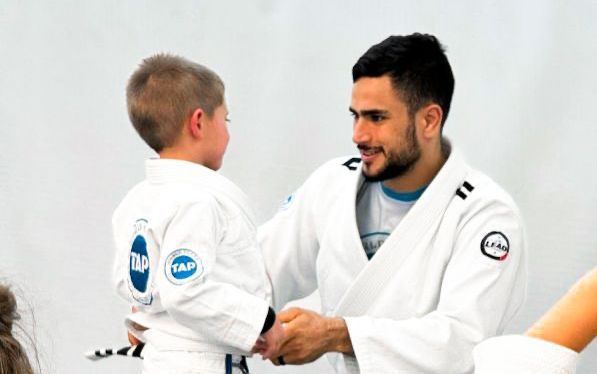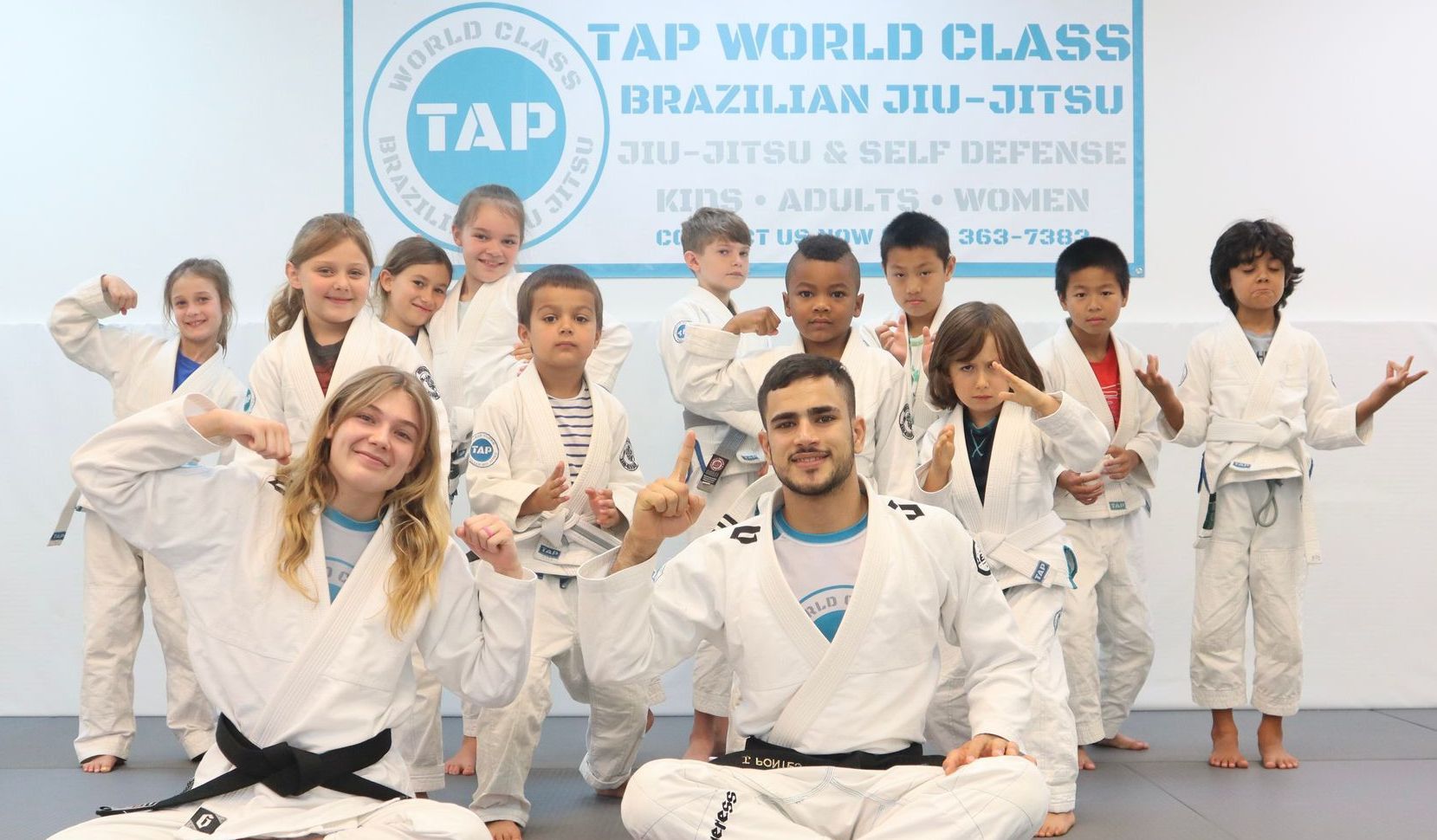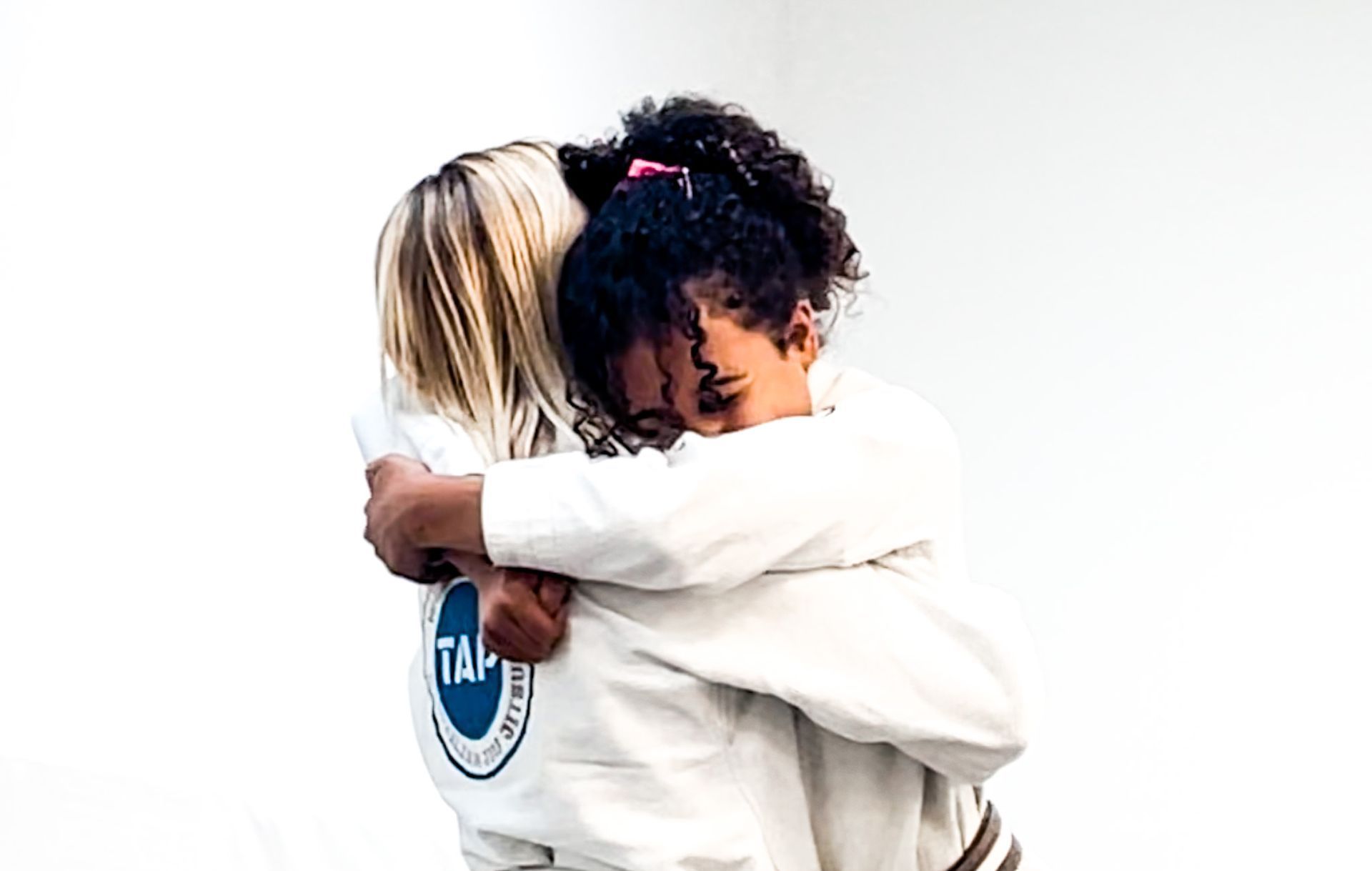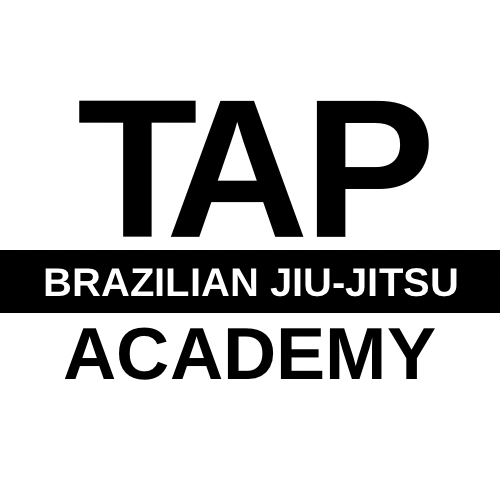Core Principles of Brazilian Jiu-Jitsu
Brazilian Jiu-Jitsu is an exceptional martial art and combat sport that specializes in ground fighting and submission holds. Originating in Brazil in the early 20th century, it has achieved worldwide recognition for its unmatched effectiveness in self-defense and mixed martial arts (MMA) competitions. BJJ prioritizes technique over brute strength, empowering smaller practitioners to confidently defend against larger opponents. It involves skillfully bringing an opponent to the ground, getting a strong position, and using techniques to make them give up “TAP” by using joint locks, chokeholds, or compression locks.
Leverage and Technique:
One of the core principles of BJJ is the use of leverage and technique to control and submit an opponent, rather than relying on physical strength. This makes BJJ accessible to individuals of all sizes and strengths, emphasizing skill and strategy.
Ground Fighting:
BJJ specializes in ground fighting, teaching practitioners how to take the fight to the ground, maintain control, and achieve a dominant position. Techniques include various forms of guards, sweeps, and escapes, all designed to give the practitioner an advantage on the ground.
Submissions:
Submissions are techniques that force an opponent to concede defeat, often through joint locks or chokeholds. These techniques can incapacitate an opponent, making them essential for self-defense and competitive matches.
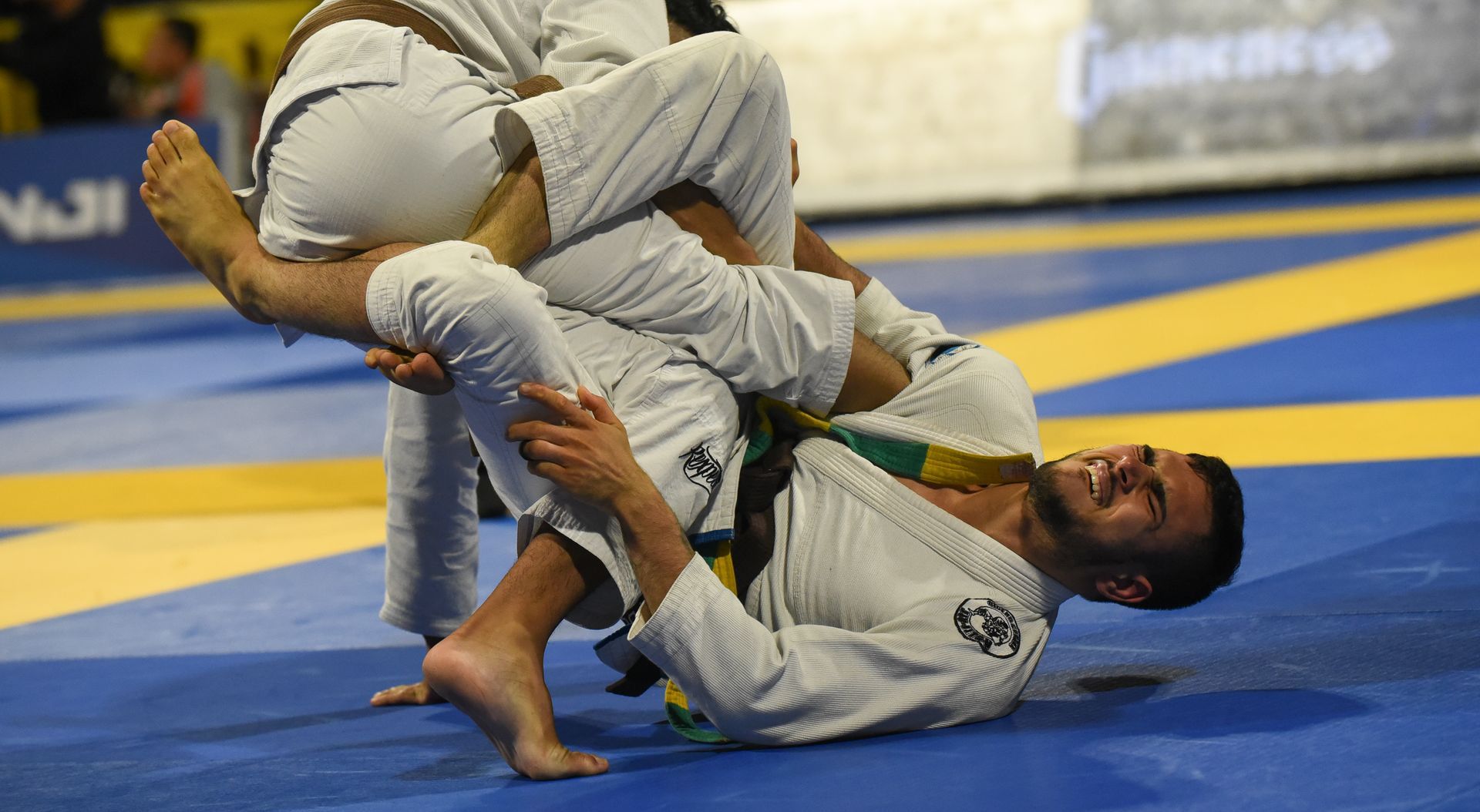
Physical Fitness:
Training in Brazilian Jiu-Jitsu (BJJ) provides a comprehensive full-body workout, significantly improving cardiovascular health, muscle strength, flexibility, and overall endurance. Beyond these physical benefits, BJJ training also enhances coordination and balance, making it an excellent choice for those looking to improve their overall fitness.
Mental Toughness:
Brazilian Jiu-Jitsu is as much a mental challenge as it is a physical one, requiring a deep level of focus and intellectual engagement. Practitioners not only improve their physical strength and agility but also develop essential problem-solving skills, patience, and resilience. The process of learning and mastering various techniques involves a lot of strategic thinking and mental fortitude. The mental discipline learned on the mats through rigorous training sessions often translates to other areas of life, helping individuals handle stress and adversity more effectively. This mental toughness can improve performance in professional settings, enhance personal relationships, and foster a greater sense of self-confidence and emotional stability.
Community:
BJJ fosters a strong sense of community. Build friendships with all your training partners, instructors, and everyone who works at the school. Training in Brazilian Jiu-Jitsu becomes far more enjoyable, safe, and productive when you're part of a supportive community. A positive environment fosters camaraderie and encourages you to “not be a potato bag,” push through challenges, and celebrate your progress together. The bonds you form in the gym can significantly enhance your training experience, providing you with both motivation and accountability to return for the next class.
Remember that being part of a community means contributing to it as well. Offer your support to others, help keep the school nice and clean, laugh, share good experiences, and celebrate someone else's achievements. This reciprocal dynamic creates a nurturing environment where everyone can thrive. Embrace the sense of belonging and teamwork that comes with being part of our BJJ school, and you'll find that your journey in the Art of Jiu-Jitsu becomes a deeply rewarding and enriching experience.
The Competitive Aspect:
Brazilian Jiu-Jitsu (BJJ) competitions are held worldwide, ranging from small local tournaments to prestigious international championships. These events attract practitioners from all over the globe, creating a diverse and vibrant community of competitors. Participants are carefully matched by weight and skill level, ensuring fair and challenging contests that are both competitive and enjoyable. The competitive aspect of BJJ provides an excellent opportunity for practitioners to test their skills in a controlled and safe environment, allowing them to push their limits, gain valuable experience, and continually strive for improvement. Additionally, these competitions foster a sense of camaraderie and sportsmanship, as competitors share their passion for the art and learn from one another.
Conclusion:
Brazilian Jiu-Jitsu is a dynamic and effective martial art that offers numerous physical, mental, and social benefits. Whether you are looking to improve your fitness, learn self-defense, or join a supportive community, BJJ has something to offer. Its emphasis on technique and leverage makes it accessible to individuals of all ages and abilities, making it a truly inclusive and empowering discipline.
The history of Jiu-Jitsu is extensive. Check out Brazilian Jiu-Jitsu on Wikipedia. To summarize, Brazilian Jiu-Jitsu traces its roots to Japan. In the early 1900s, a Japanese master named Mitsuyo Maeda traveled to Brazil and taught his techniques to Carlos Gracie. Carlos and his family, especially Helio Gracie, spread this knowledge. Helio adapted and refined the techniques, focusing on leverage and ground fighting. This evolution laid the foundation for what we now know as Brazilian Jiu-Jitsu.
If you're interested in starting your journey in Brazilian Jiu-Jitsu, check out our classes and join us on the mats to experience the transformative power of this incredible martial art.
